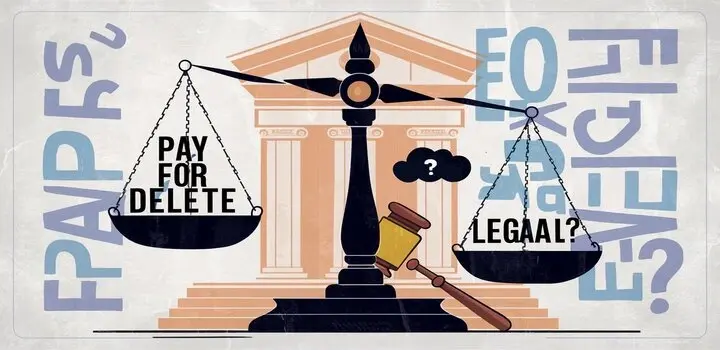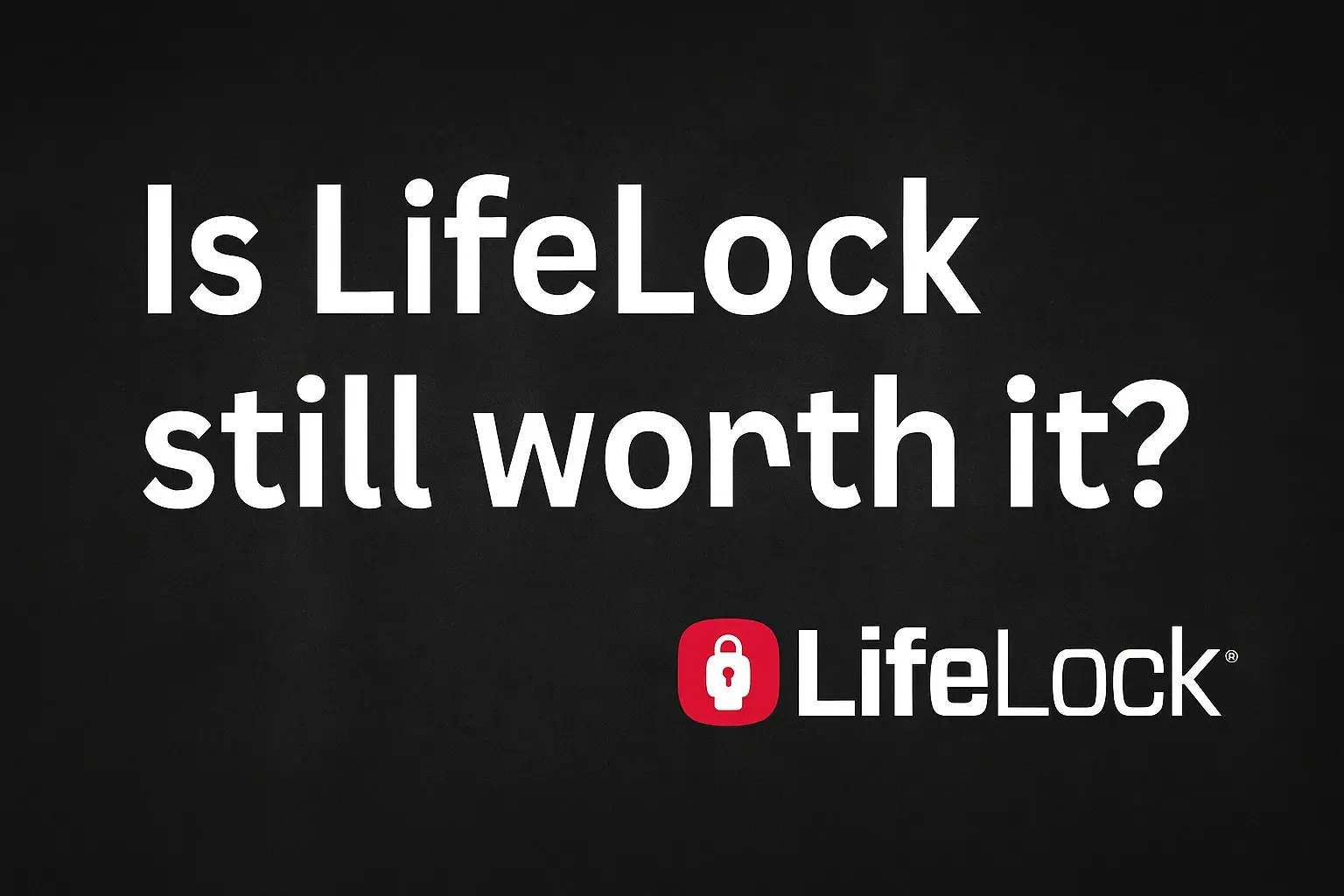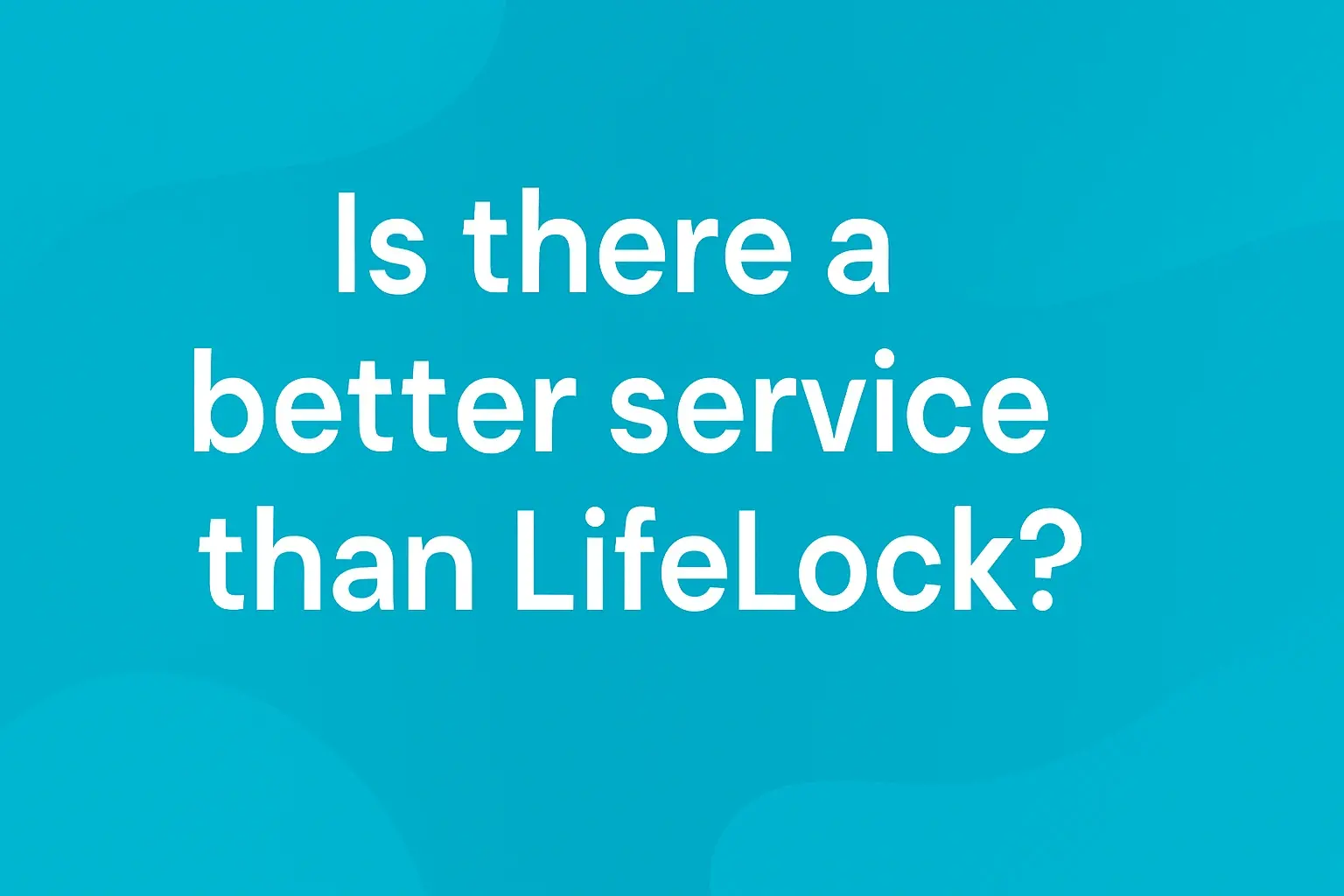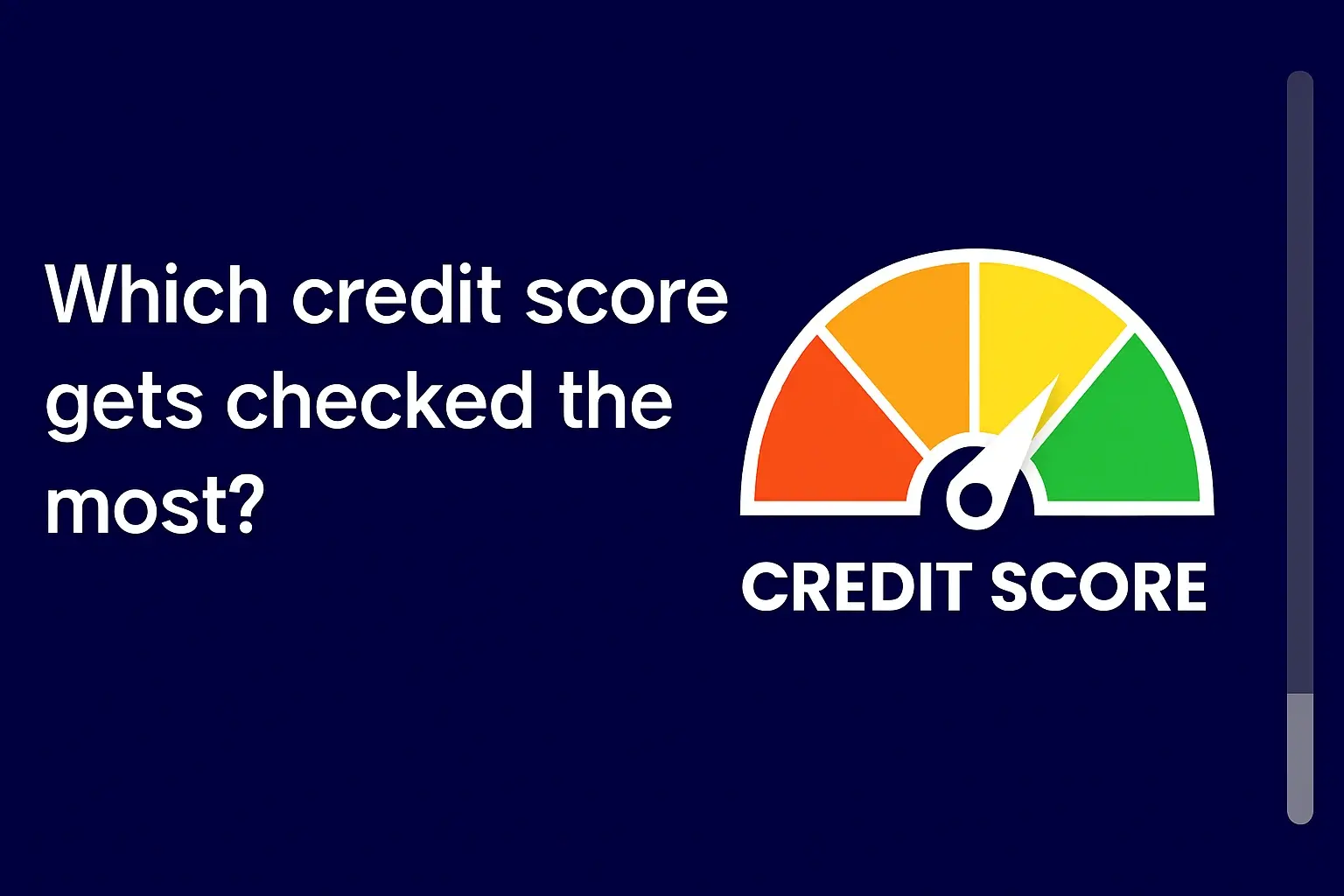-
Posted on: 25 Jul 2024

-
Facing a collection account that's been lingering on your credit report for half a decade? It's a common dilemma. The question of whether to pay it off isn't always straightforward and depends on various factors, including your credit score goals, the statute of limitations, and your negotiation power. This guide will provide you with a detailed understanding to help you make an informed decision.
Understanding Collection Accounts and Their Impact
Before diving into the specifics of a 5-year-old debt, let's clarify what a collection account is and how it affects your creditworthiness.
What is a Collection Account?
A collection account arises when you fail to pay a debt to a creditor (e.g., credit card company, lender, healthcare provider). The original creditor then sells or assigns the debt to a third-party collection agency. This agency then attempts to recover the outstanding amount from you.
How Collection Accounts Impact Your Credit Score
Collection accounts can significantly damage your credit score, particularly in the initial stages. They signal to lenders that you have a history of failing to meet your financial obligations, making you a higher-risk borrower. The impact generally diminishes over time, but a collection account remains on your credit report for up to seven years from the date of the original delinquency (the date you first missed a payment with the original creditor).
The 5-Year Milestone: What Changes?
While a collection account remains on your credit report for seven years, the impact on your credit score usually lessens as time passes. This is because more recent credit history carries greater weight in credit scoring models like FICO and VantageScore. However, several key considerations come into play at the 5-year mark:
- Decreased Credit Impact: After five years, the collection account's negative impact on your credit score is likely to be significantly reduced compared to when it was first reported.
- Statute of Limitations: The statute of limitations is a state law that sets a time limit on how long a creditor or collection agency can sue you to recover a debt. This period varies by state and the type of debt. After the statute of limitations expires, they can no longer sue you to collect the debt.
- Negotiation Opportunities: Depending on the circumstances, you might have more leverage to negotiate a settlement with the collection agency.
Should You Pay It Off? Factors to Consider
Now, let's address the central question: Should you pay off a 5-year-old collection account? Here's a breakdown of factors to consider:
1. Credit Score Goals
What are your financial goals in the near future? Are you planning to apply for a mortgage, auto loan, or other type of credit soon? If so, addressing the collection account could be beneficial, even if it has a diminished impact. Lenders often scrutinize credit reports closely and may be wary of approving a loan with an outstanding collection account, regardless of its age. Paying off the debt, or at least settling it, might improve your chances of approval and potentially secure a better interest rate.
2. Statute of Limitations
This is crucial! Before even considering paying, determine the statute of limitations in your state for the specific type of debt. Paying or even acknowledging the debt can potentially restart the statute of limitations in some states. This means the collection agency could then sue you, even if the original statute had nearly expired. You can usually find this information by searching "[Your State] Statute of Limitations Debt Collection" online or consulting with a consumer law attorney.
3. Credit Reporting Timeline
Remember, collection accounts fall off your credit report seven years from the *original delinquency date*. If the collection account is already close to this seven-year mark, paying it off may not be worth it. The negative entry will soon disappear on its own. Check your credit report to determine when the collection account is scheduled to be removed. You can obtain free credit reports annually from AnnualCreditReport.com.
4. Validation of the Debt
Before paying anything, ensure the debt is valid. You have the right to request debt validation from the collection agency. This requires them to provide proof that the debt is yours, that they have the legal right to collect it, and that the amount they're claiming is accurate. If they cannot provide this validation, they are legally obligated to stop collection efforts. Send a debt validation letter via certified mail, return receipt requested, to ensure you have proof of your request.
What to Include in a Debt Validation Letter:
- Your name and address
- The account number (if known)
- A statement requesting validation of the debt
- A request for the original creditor's name and address
- A request for documentation proving you owe the debt
5. Negotiation Power
Even with older collection accounts, you may have some negotiating power. Collection agencies often purchase debts for pennies on the dollar. Therefore, they may be willing to accept a settlement for less than the full amount owed. Consider offering a lump-sum payment in exchange for the collection agency agreeing to report the debt as "paid in full" or, ideally, to delete the entry from your credit report entirely ("pay-for-delete"). Always get any settlement agreement in writing before making any payment.
6. Financial Situation
Assess your overall financial situation. Do you have the funds available to pay off the collection account without jeopardizing other important financial obligations, such as rent/mortgage payments, utilities, or essential living expenses? Paying off a collection account should not come at the expense of your financial stability. If you're struggling to make ends meet, consider exploring other options, such as credit counseling or debt management plans.
Strategies for Dealing with a 5-Year-Old Collection Account
Here are some actionable strategies you can use to address a 5-year-old collection account:
- Check Your Credit Report: Obtain a copy of your credit report from all three major credit bureaus (Equifax, Experian, and TransUnion) to verify the accuracy of the collection account information. Look for errors, such as incorrect dates, amounts, or account ownership.
- Dispute Inaccurate Information: If you find any inaccuracies on your credit report, dispute them with the credit bureau that reported the error. Provide supporting documentation to substantiate your claim. The credit bureau is required to investigate the dispute and remove any inaccurate information.
- Request Debt Validation: As mentioned earlier, send a debt validation letter to the collection agency to ensure they have the legal right to collect the debt and that the amount owed is accurate.
- Negotiate a Settlement: If the debt is valid, consider negotiating a settlement with the collection agency. Offer to pay a percentage of the total amount owed in exchange for a "paid in full" status or a "pay-for-delete" agreement.
- Consider a "Pay-for-Delete" Agreement: This is the ideal outcome. A "pay-for-delete" agreement requires the collection agency to remove the collection account from your credit report entirely in exchange for your payment. However, collection agencies are not always willing to agree to this, as it goes against their reporting practices.
- Wait it Out (Strategically): If the collection account is close to the seven-year mark, and you are comfortable with its reduced impact on your credit score, you may choose to simply wait for it to fall off your credit report automatically. Be aware that this is a passive approach and won't resolve the underlying debt.
Risks of Paying Off an Old Collection Account
While paying off a collection account might seem like the obvious solution, it's essential to be aware of the potential risks involved:
- Restarting the Statute of Limitations: As previously mentioned, paying or acknowledging the debt can potentially restart the statute of limitations in some states, making you vulnerable to a lawsuit.
- Updating the Collection Account: Paying off the debt can update the collection account on your credit report, potentially causing a temporary dip in your credit score. While it eventually improves, the initial update can be detrimental if you're planning to apply for credit soon.
- Attracting More Collection Efforts: Paying one old collection account might signal to other collection agencies that you're willing to pay, potentially leading to increased collection efforts for other outstanding debts.
Alternatives to Paying Off a Collection Account
If paying off the collection account isn't the right option for you, consider these alternatives:
- Credit Counseling: A credit counselor can help you develop a debt management plan and negotiate with creditors on your behalf.
- Debt Management Plan (DMP): A DMP involves making monthly payments to a credit counseling agency, which then distributes the funds to your creditors according to a pre-arranged agreement.
- Debt Settlement: Debt settlement involves negotiating with creditors to pay a lump-sum amount that is less than the total amount owed. This can be a risky option, as it can negatively impact your credit score.
- Bankruptcy: Bankruptcy is a legal process that can discharge most types of debt. However, it can have a significant negative impact on your credit score and should only be considered as a last resort.











